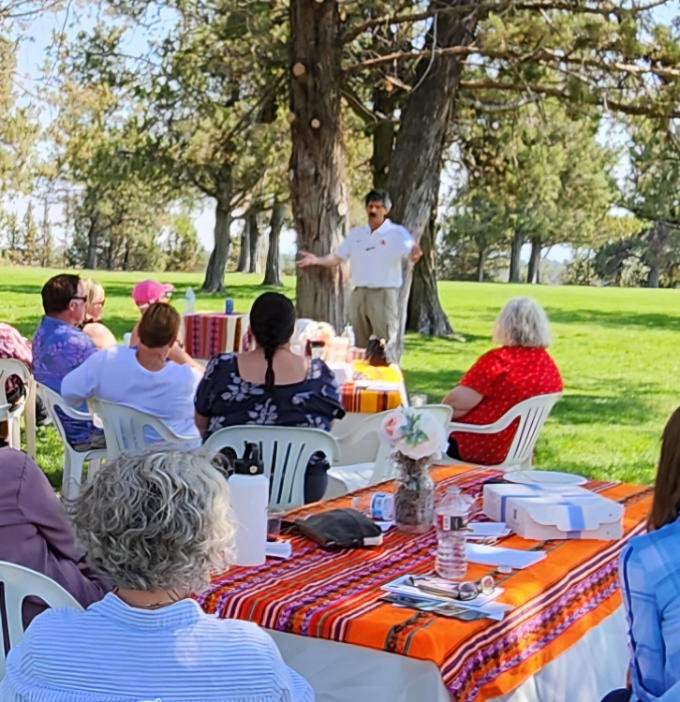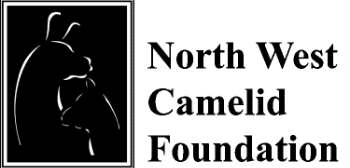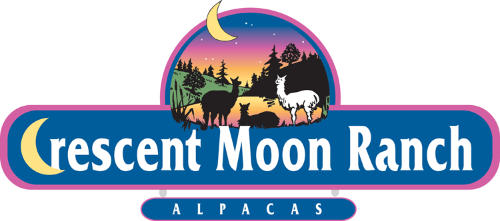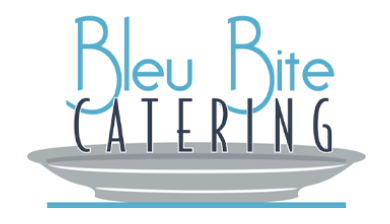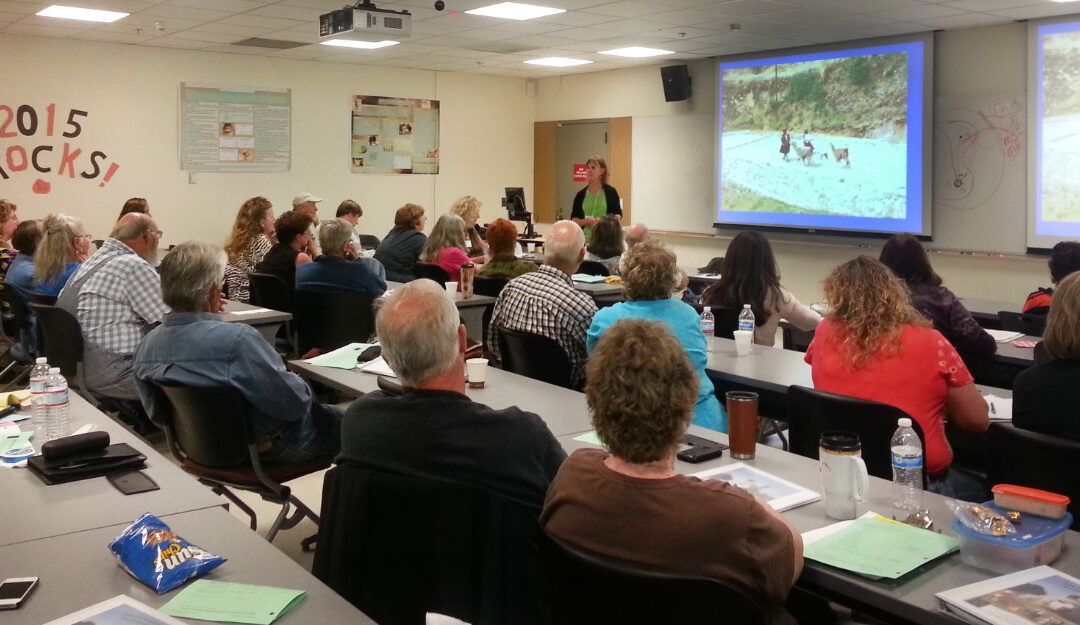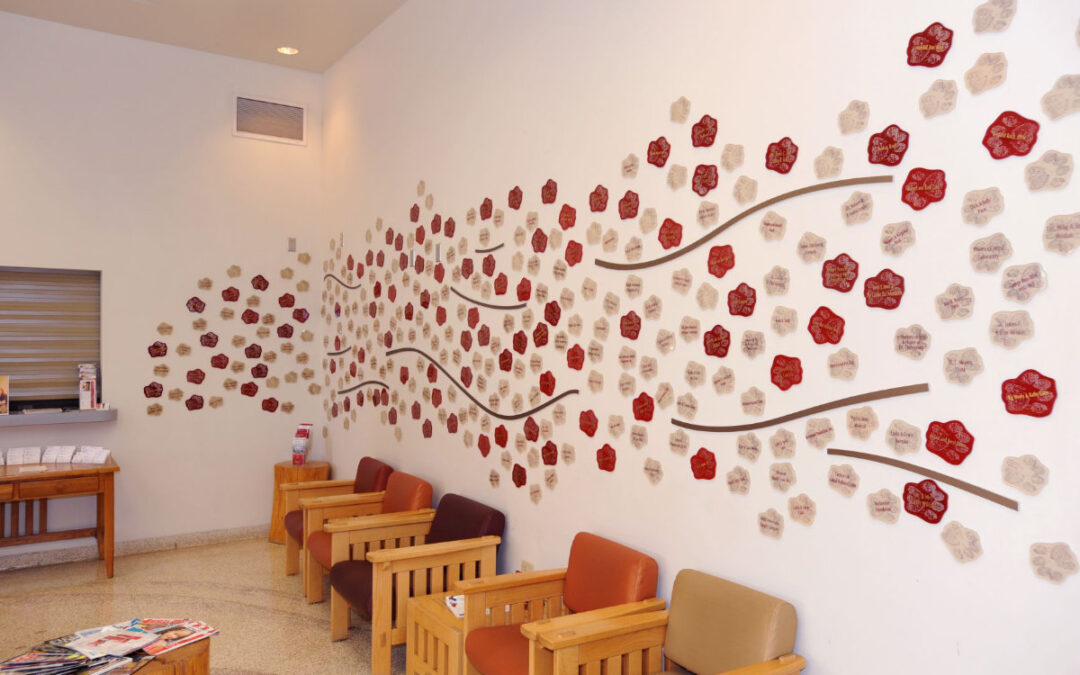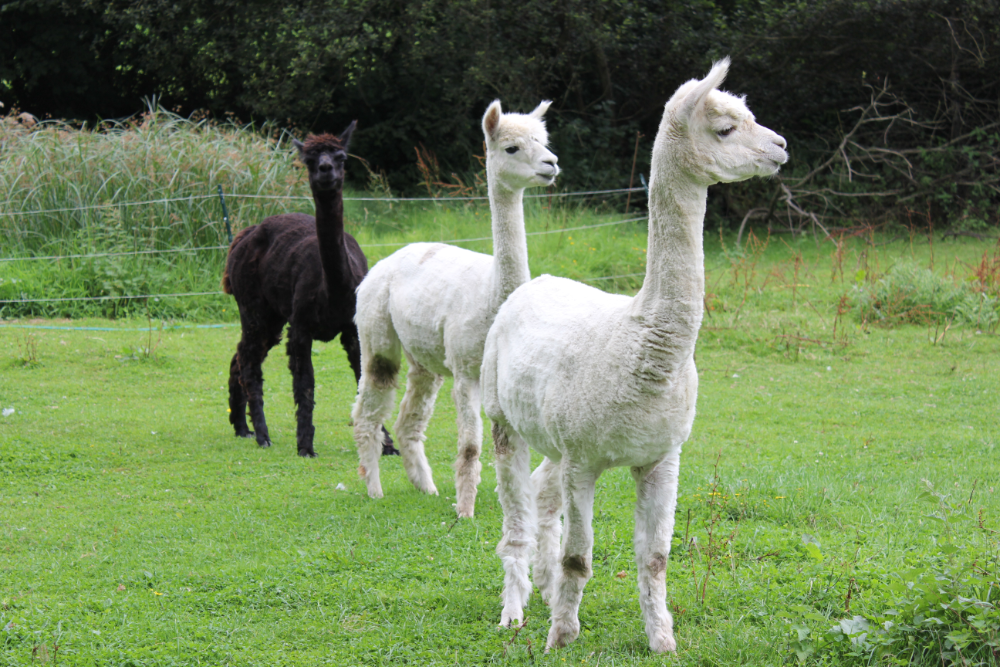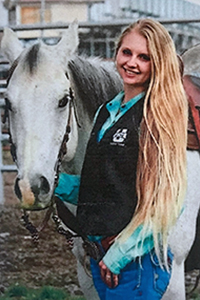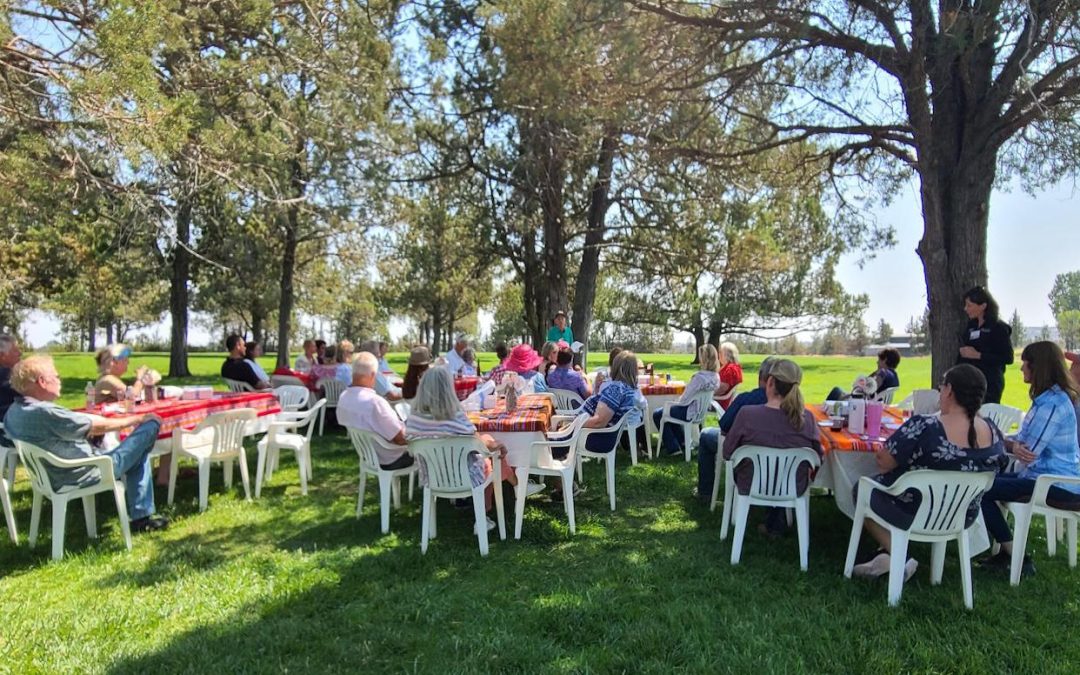
Camelid Fun Under the Trees ~ NWCF’s 2024 Fundraiser Event
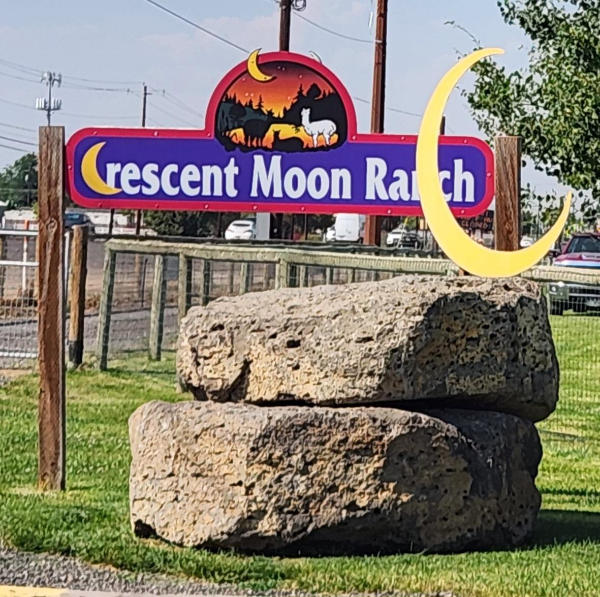
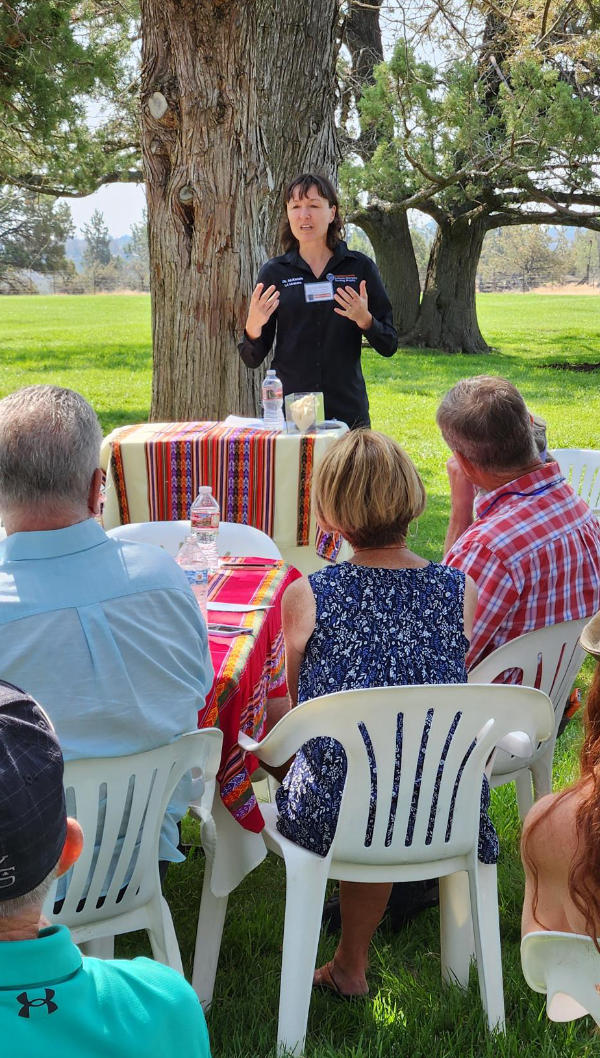
Camelid Fun Under the Trees ~ NWCF’s 2024 Fundraiser Event
Hosted by Crescent Moon Ranch, lunch by Bleu Bite Catering (sponsored by Glen Pfefferkorn)
100% of the funds went directly to Camelid Research
Llama and alpaca enthusiasts gathered in central Oregon in August to mingle with old friends and meet new ones. Green grass and a light breeze under the trees were just right for sharing, networking, education, and fundraising via a silent and oral auction and a paddle raise.
A special Thank You to Debbie and Scott Miller for making their ranch available for this Event. And to Rachel Oxley of Juniper Country Veterinary Services for masterfully coordinating all of the details. Also to our generous donors who continue to make further knowledge about camelid healthcare possible
Aligning with our Mission to raise funds to support education and medical research for the health and well-being of camelids worldwide, we invited OSU veterinarians whose projects we have funded to share with us:
Erica McKenzie DVM, specializing in Internal Medicine with an emphasis on Cardiology
Currently on a cardiology sabbatical (partially self-funded), Dr McKenzie is working on an in-depth study to establish what is “normal” about the camelid heart in order to better determine what is “abnormal”. Such as heart murmurs ~ they are often genetic but can be acquired. By recording ultrasound images, a 3-d image of abnormal hearts can be printed for further study. She passed around an example for us to see the obvious enlarged artery connected to the wrong ventricle. Dr. Mckenzie is collaborating with a board-certified cardiologist, Dr. Joan Slack at New Bolton Center (University of Pennsylvania). Besides bringing her expertise in cardiology, Dr Slack’s involvement opens up the opportunity to enlist many east coast animals in the study. This collaboration also made possible the joint funding of the project with GALA (Greater Appalachia Llama and Alpaca Association).
The study involves thirty healthy llama and alpacas of both genders and in a broad range of ages. The animal is placed in a chute where the ultrasound of the sides and bottom of the chest can be done without sedation. Then an echocardiographic monitor is attached for 24 hours, which they also tolerate fairly well. This research is also important for student training and as they mentor forward to their classmates. It also relates to other large animal species since the ultrasound unit can also be used on tendons in horses. The expensive new-technology unit was able to be purchased in part by NWCF financial support. Donations matter!
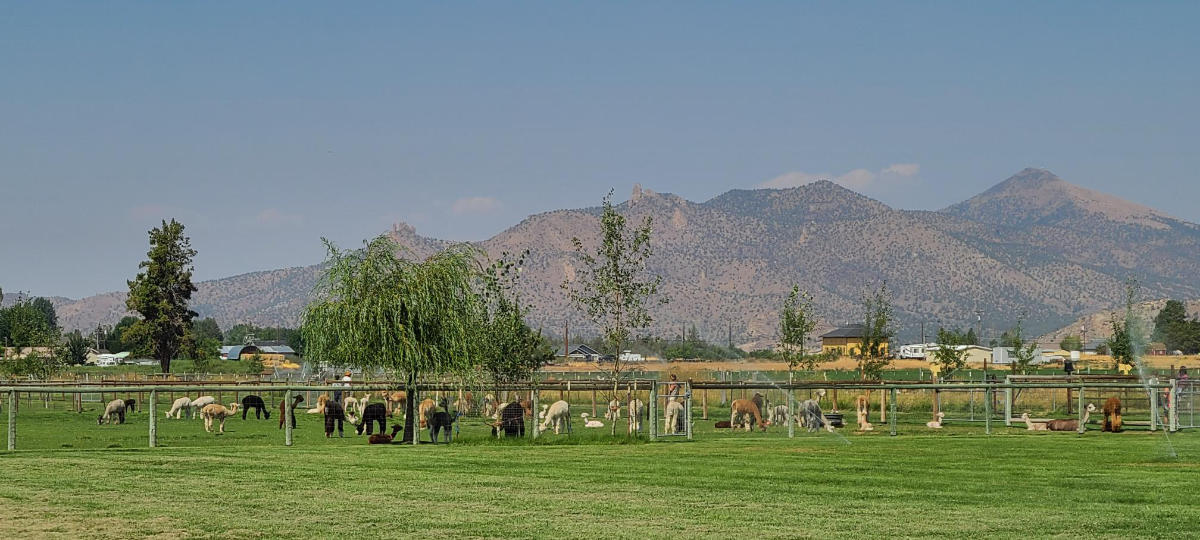
Christiane Löhr, DVM, specializing in Anatomical Pathology
Dr Löhr’s work in the Oregon Veterinary Diagnostic Laboratory at OSU is the flip side of comparative medicine, offering camelid owners insights into reasons for the death of their animal. Performing a necropsy gives the doctors more access to tissues and body fluids, leading to a more definitive diagnosis. The specific signs of distress or disease guide the diagnostic workup and help to determine underlying factors.
The camelid stomach compartments (about 10x the size of the human stomach) are the prime fermentation factory where fiber is broken down for further processing.
Camelids with gastritis, stomach inflammation, present with discomfort. The most common type of gastritis in camelids is an ulcer, but other lesions are possible.
Dr. Lohr’s research aim is to identify patterns and potential causes of ulcers and other types of gastritis that will lead us to being better able to diagnosis the gastritis and potential ulcer faster to enable earlier appropriate treatment. Hopefully this research will also identify potential causes that will enable us to prevent these ulcers from forming. The study involves 10 healthy alpacas and llamas and 20 alpacas and llamas with gastritis. The combination of retrospective and prospective research studies like these are beneficial and may lead to better diagnostic tests and make us aware of preventative steps that we can take.
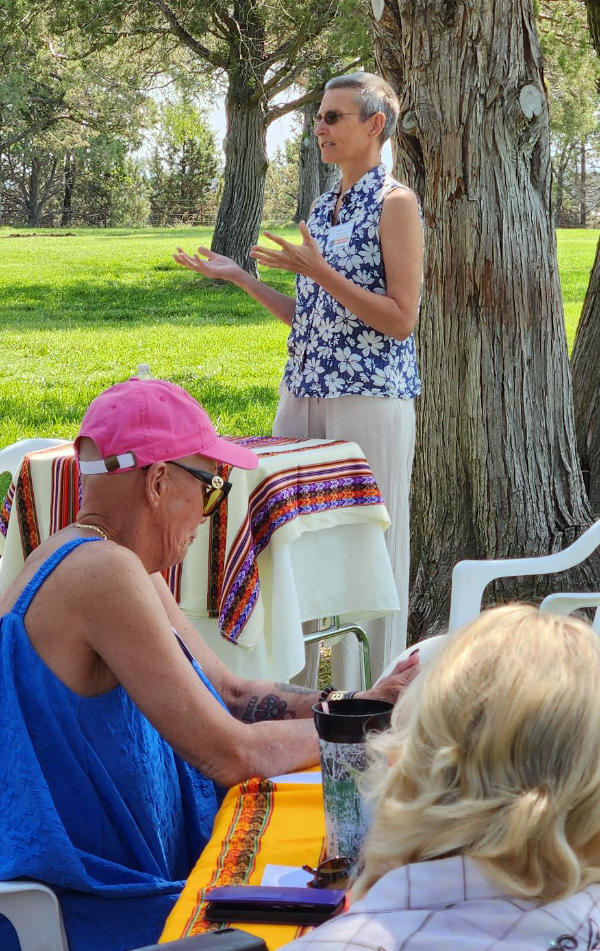
“The [recent NWCF] event was both informative and enjoyable, and it was really inspiring to see the dedication and passion that your team brings to the world of camelid care and research… The work you are doing is so vital to the well-being of these animals, and we really enjoyed learning about the research initiatives underway and how we might be able to support your efforts. Thank you for your time and for the incredible work your foundation is doing.”
~ Kate & Eric Carr, Four Roots Ranch Animal Sanctuary, Bend, Oregon
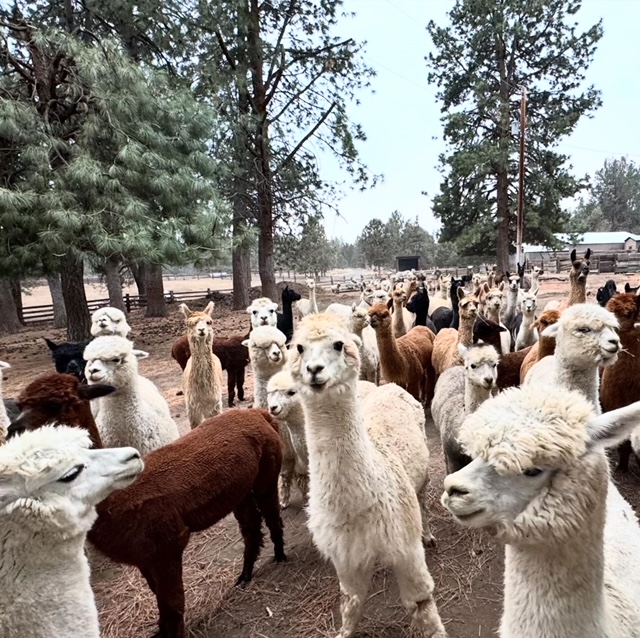
The Importance of Research
Chris Cebra, DVM, Dept Chair of Clinical Sciences; Glen Pfefferkorn and Morris Wendorf Endowed Professor in Camelid Medicine
Camelids have unique antibodies that are a major avenue for immuno-therapy research worldwide. This research is a platform for cancer care (ex: Keytruda), chronic inflammation, viruses, and energy metabolism. Often we become content with the level of current knowledge, comfortable because we don’t know what more we have to learn. Satisfaction with the state of the art should equate to dissatisfaction and cause us to push the limits in a positive direction. Continued research stretches us forward. Research outcomes eventually expand and become common knowledge to camelid owners. And it goes back up the tree since veterinarians in the field see the first line of cases that can develop into research projects. North West Camelid Foundation is one of the most loyal, productive, and consistent supporters of research projects in the country.
